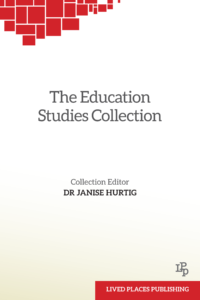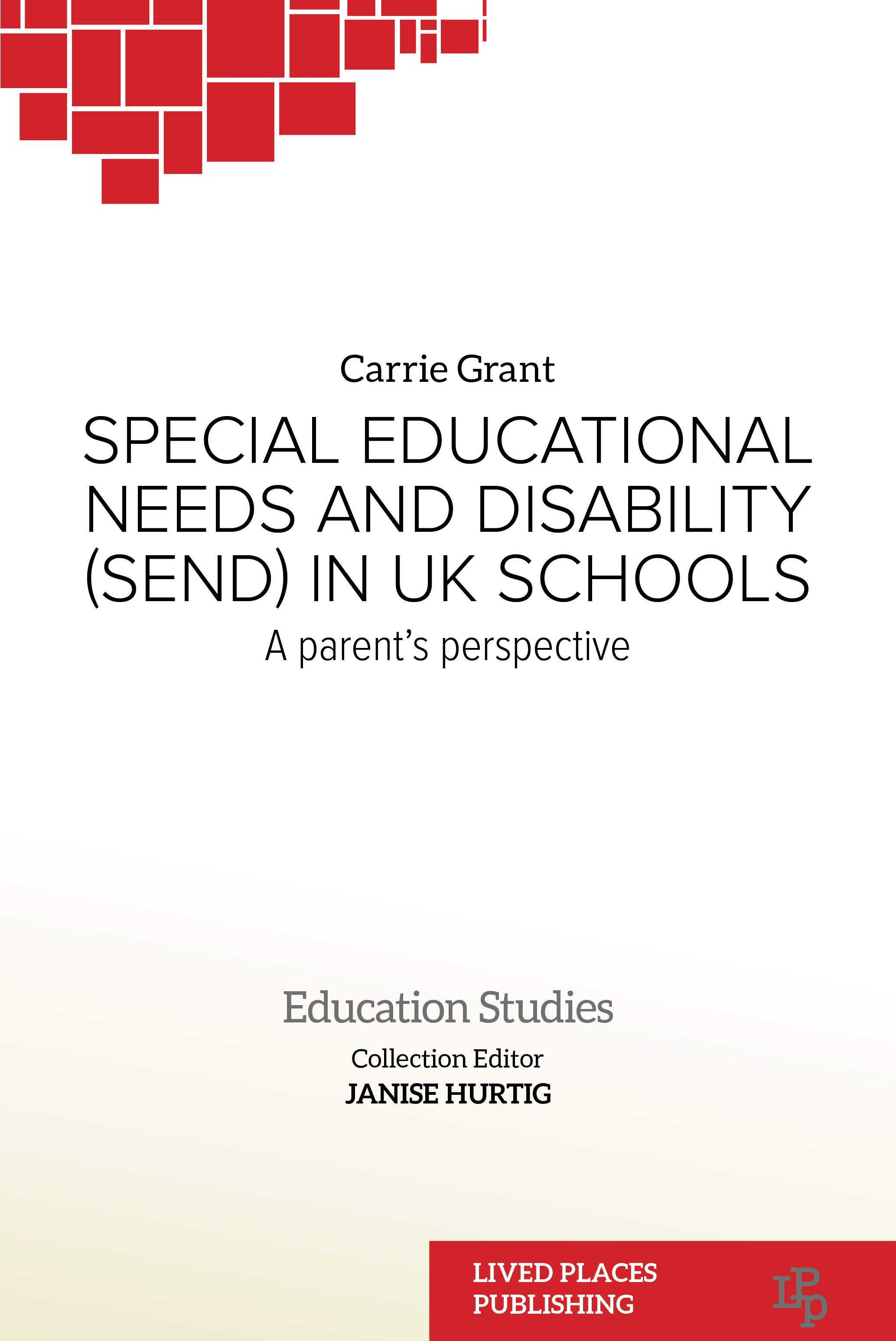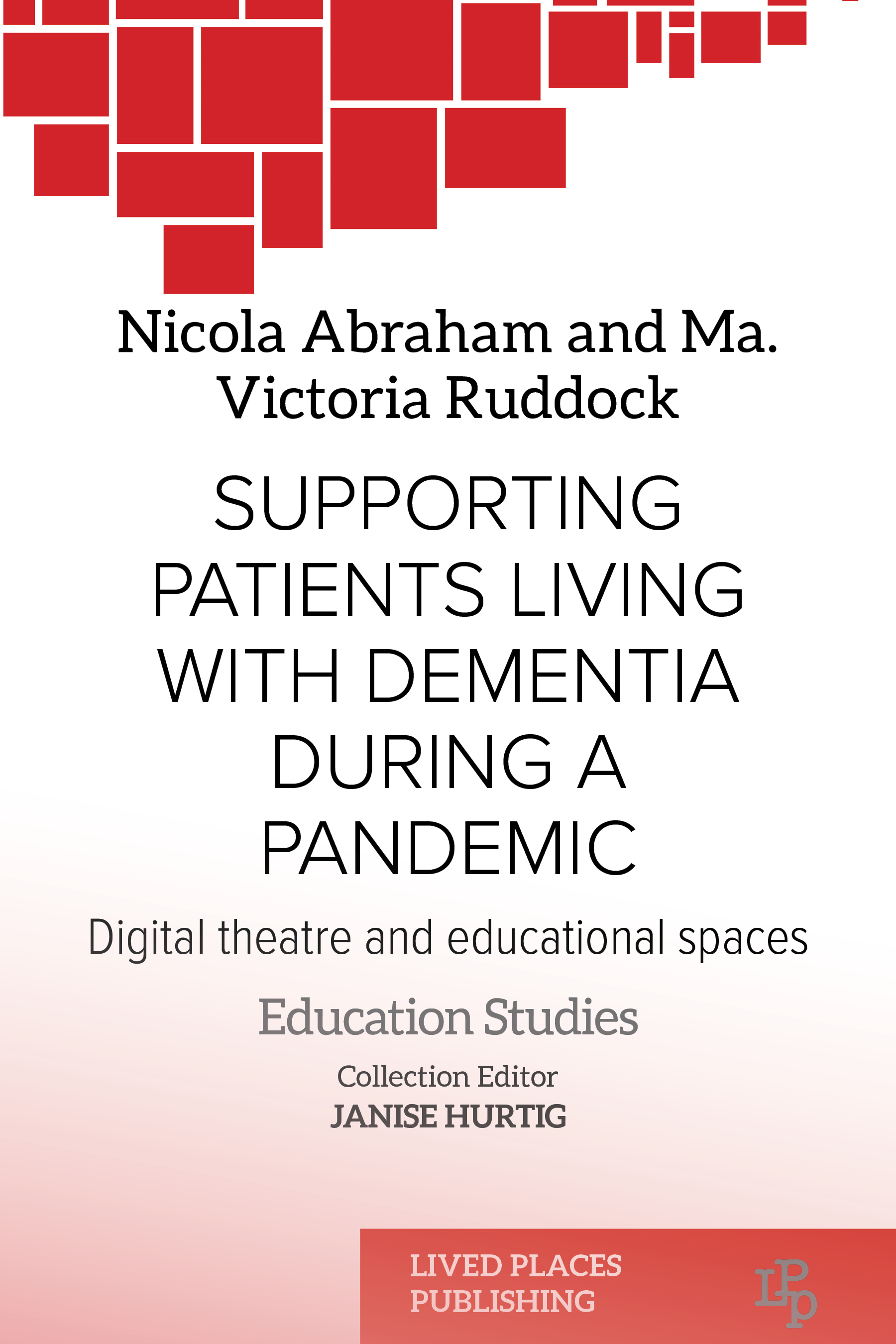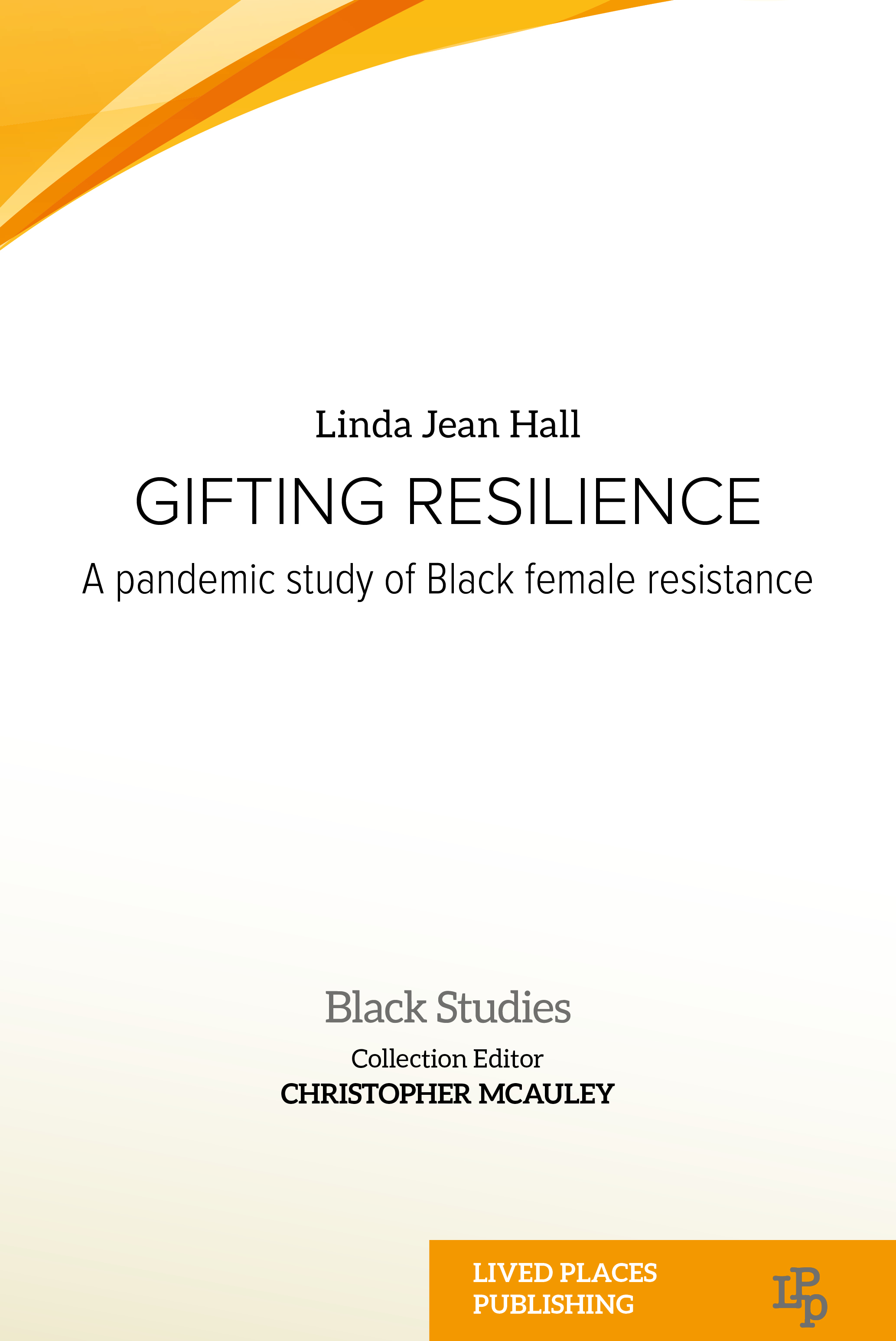Stories of Learning and Becoming
By Dr. Janise Hurtig, Collection Editor
The writer, comedian, and activist Dick Gregory begins his story “Shame,” with this comment: “I never learned hate at home, or shame. I had to go to school for that.” Dick Gregory grew up in a poor, predominantly Black neighborhood on Chicago’s south side. The shame he recounts being schooled in, by his elementary school teacher, was that of poverty. He ends the story by describing how he learned another lesson – the priceless lesson of empathy – not from a teacher, nor from a parent or a preacher, but from “an old wino” in a neighborhood bar. “I love winos,” Gregory writes, “because they never hurt anyone but themselves.”
Education takes place throughout our lives, in all sorts of spaces, through all sorts of daily practices… only some of which have to do with schooling in the formal, institutional sense of that vast, elusive word. We may or may not learn much about chemistry (thanks, Sam Cooke) but educational experiences always teach us about who we are, who we can and cannot be or become, how we are like some people and unlike others. Sometimes educational experiences open doors and minds; too often they close them. And if some teachers ignore or repress the voices, views, and identities of historically silenced groups and communities, there are always those teachers, those spaces of teaching and learning, that amplify hushed voices, and that encourage a diversity of social selves to flourish.
My vision for the Education Studies collection is that the authors we support and the books these authors offer, open readers’ minds to the myriad ways that education produces, reproduces, and challenges social identities, in and across times, spaces, cultures, and generations. The aim of the Lived Places Education Studies collection course readings is to contribute to opening readers’ minds, honing their critical understanding of the complex place of education in making us who we are. I imagine these books as alerting readers to the many ways educative practices can alternately fuel or extinguish creativity and critique, ignite or muffle the fire of individual and collective imaginings, give voice to or stifle those rare, brave expressions of new and different ways that we might constitute ourselves in relation to others.
I am also mindful that, often as not, the most powerful narrative form through which we teach and learn life lessons is (as Dick Gregory knew well) that of storytelling. “The storyteller,” writes Walter Benjamin, “takes what he tells from experience – his own or that reported by others. And he in turn makes it the experience of those who are listening to his tale.” In this way, the storyteller is also a “teacher and a sage.” By implication, the reader is also a learner whose understanding includes, not just awareness or even appreciation, but also empathy. So, while numbers certainly play a role in conveying a powerful message and can be brought to bear to bring a point home, it is my expectation that the Lived Places Education Studies Collection will be grounded in richly rendered stories, vignettes, and accounts that draw from – and give voice to – the experiences of those individuals and groups who are the protagonists of the educational practices our authors explore.
What are the forms and spaces of education that books in the collection should include? I am not sure, and I hope to be surprised and awakened by submissions to the collection. However, I do expect that the collection will represent:
- diverse geographic places, cultural spaces, and social identities;
- formal, informal, and non-formal educational settings, ranging from schools to workplace settings, from public rituals to family traditions, from ashrams to prisons;
- the education of children, youth, and adults – that is, education across the life cycle;
At its broadest, education can be taken to signify any practice or experience that involves learning; in this sense, it easily overlaps constructs like “socialization,” or “enculturation.” I embrace this kind of conceptual messiness, and expect that the books in the Lived Places Education Studies Collection will encourage readers to question their assumptions about what it means to teach and to learn, where it happens, and to recognize the responsibility we all have as lifelong teachers and learners, in relation to our always developing social identities, and across the myriad spaces we occupy.
|
To learn more about the collection or to submit a book proposal, please get in contact with me here. To follow our progress with the collection, subscribe to our email list, or on Medium or Substack. I look forward to hearing from you, |
 |
IMAGE CREDIT: Sasin Tipchai, used under the Pixabay License





